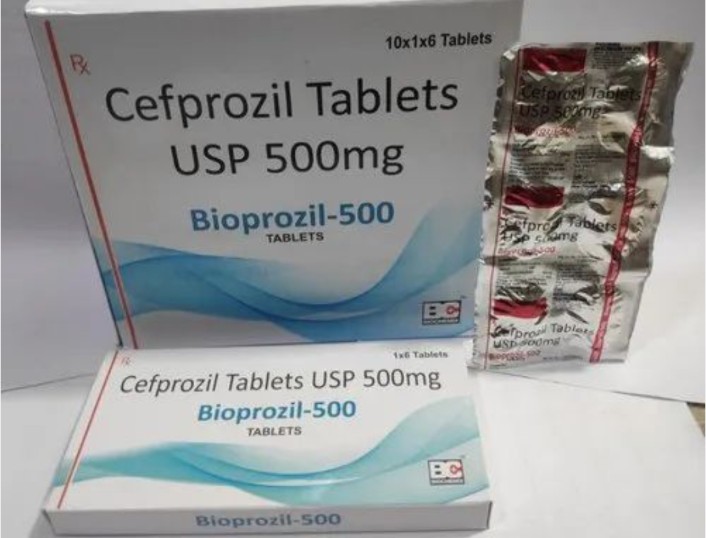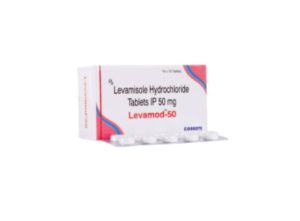
Cefprozil is a second-generation cephalosporin antibiotic used to treat various bacterial infections. Here’s an overview:
Description
Cefprozil is effective against a range of Gram-positive and Gram-negative bacteria. It is commonly used for infections of the respiratory tract, skin, and urinary tract.
Brand Names
- Cefzil
- Cefprozil (generic)
Available Forms & Strengths
- Oral Tablet: 250 mg and 500 mg
- Oral Suspension: 125 mg/5 mL and 250 mg/5 mL
Uses
- Infections: Treats infections such as:
- Acute otitis media
- Sinusitis
- Pharyngitis/tonsillitis
- Skin and skin structure infections
- Urinary tract infections
Side Effects
Common side effects include:
- Nausea
- Vomiting
- Diarrhea
- Rash
- Headache
Serious side effects can include:
- Severe allergic reactions (e.g., anaphylaxis)
- Clostridium difficile-associated diarrhea
- Liver enzyme abnormalities
Dose
- Adult Dose: 250 mg to 500 mg orally every 12 hours, depending on the infection and severity.
- Children Dose: Adjusted based on weight and type of infection.
Contraindications
- Allergy: Known hypersensitivity to cephalosporins or penicillins.
- Renal Impairment: Dose adjustment may be needed in patients with renal impairment.
Drug Interactions
- Anticoagulants: Cefprozil may increase the risk of bleeding when used with anticoagulants like warfarin.
- Probenecid: Can increase cefprozil levels in the blood.
- Other Antibiotics: Interaction with other antibiotics may occur, affecting efficacy or side effects.
Warnings
- Renal Function: Monitor renal function, especially in patients with preexisting conditions.
- Superinfection: Prolonged use may lead to superinfection or growth of non-susceptible organisms.
Doctor Advised
Always adhere to your healthcare provider’s instructions regarding dosage and duration of treatment. Consult your doctor if you have any allergies, preexisting conditions, or if you experience any severe side effects.







